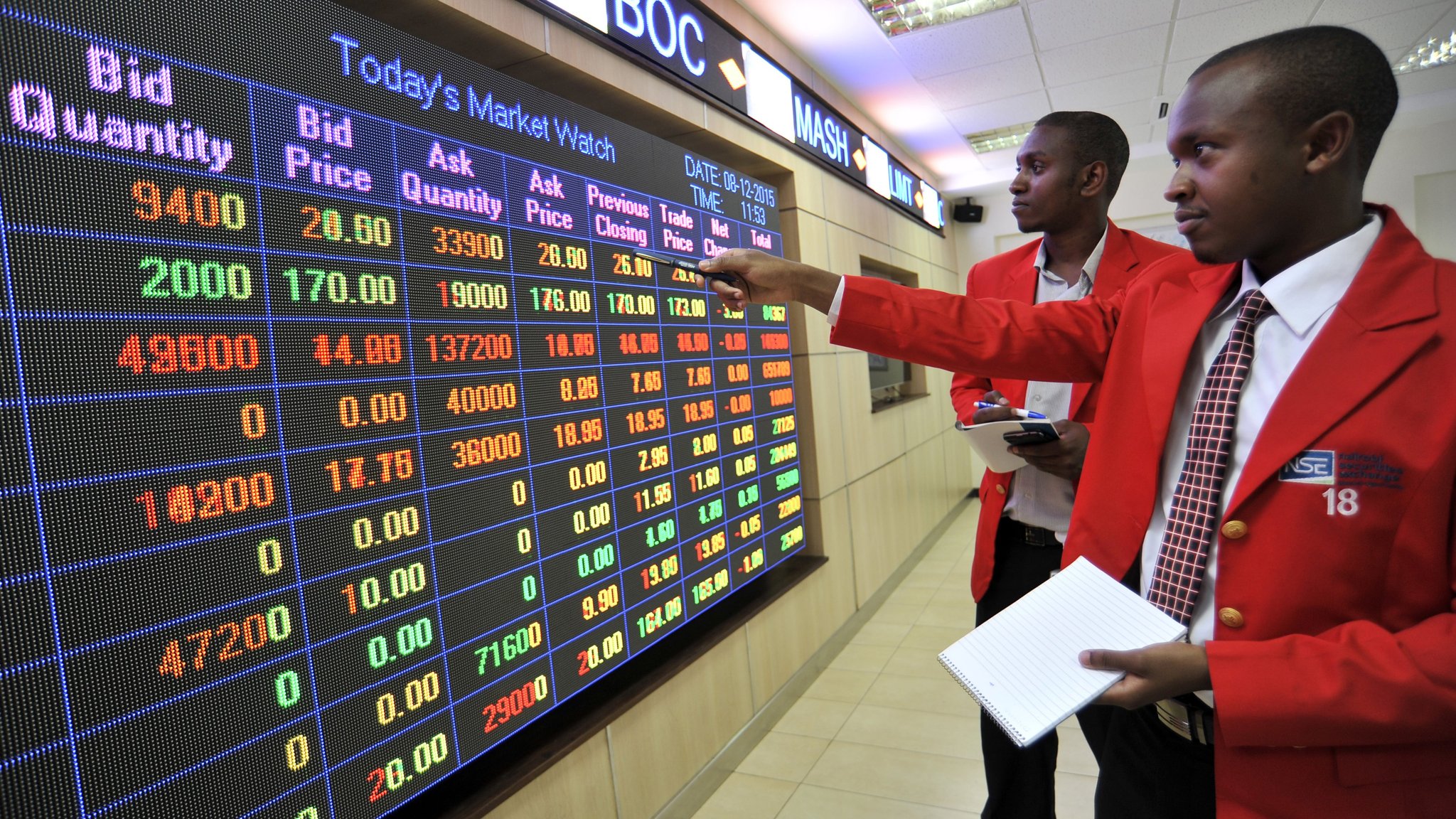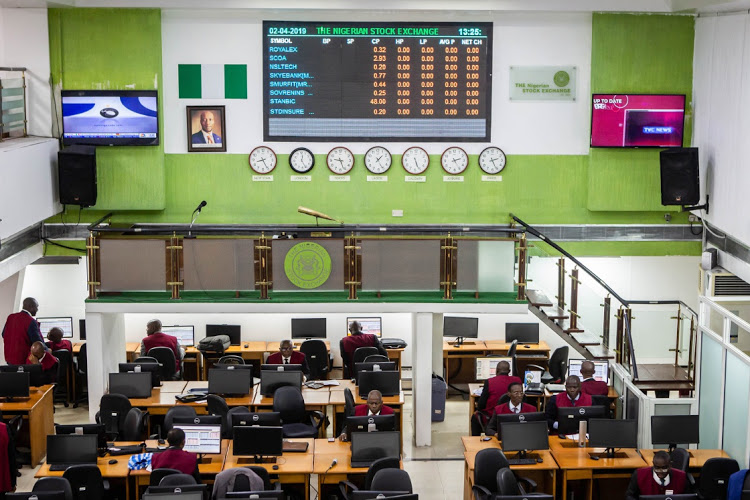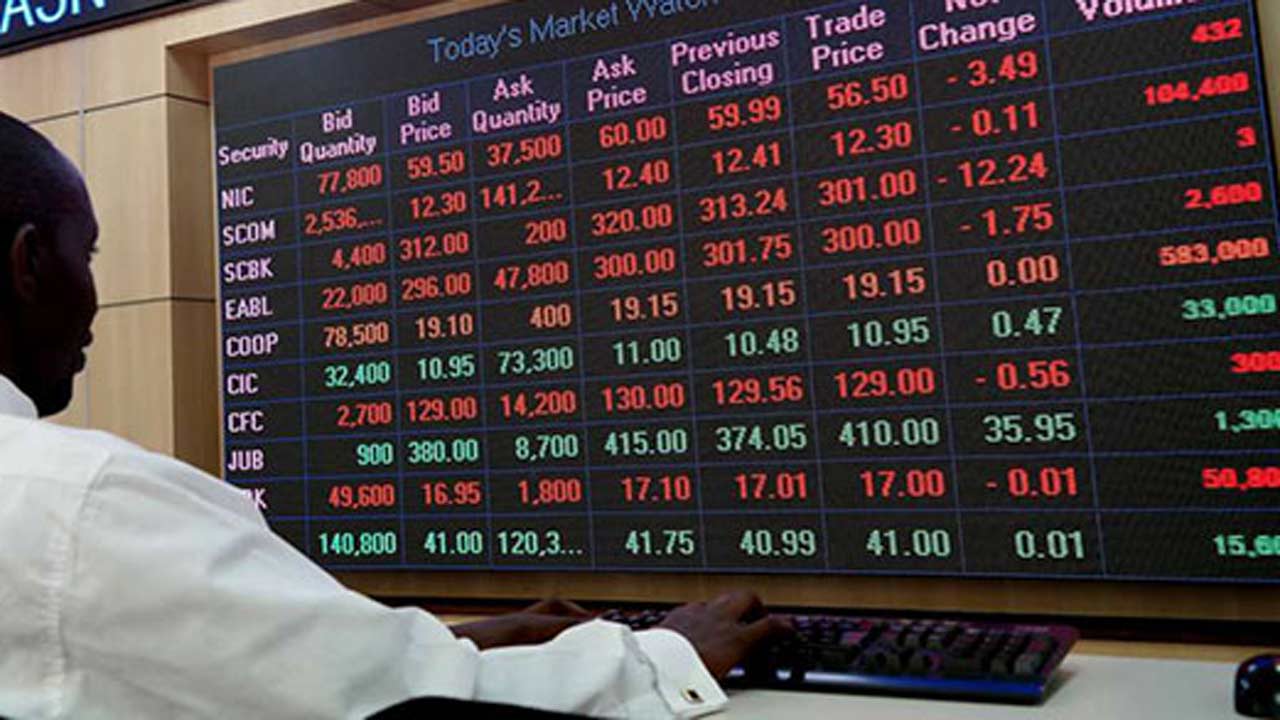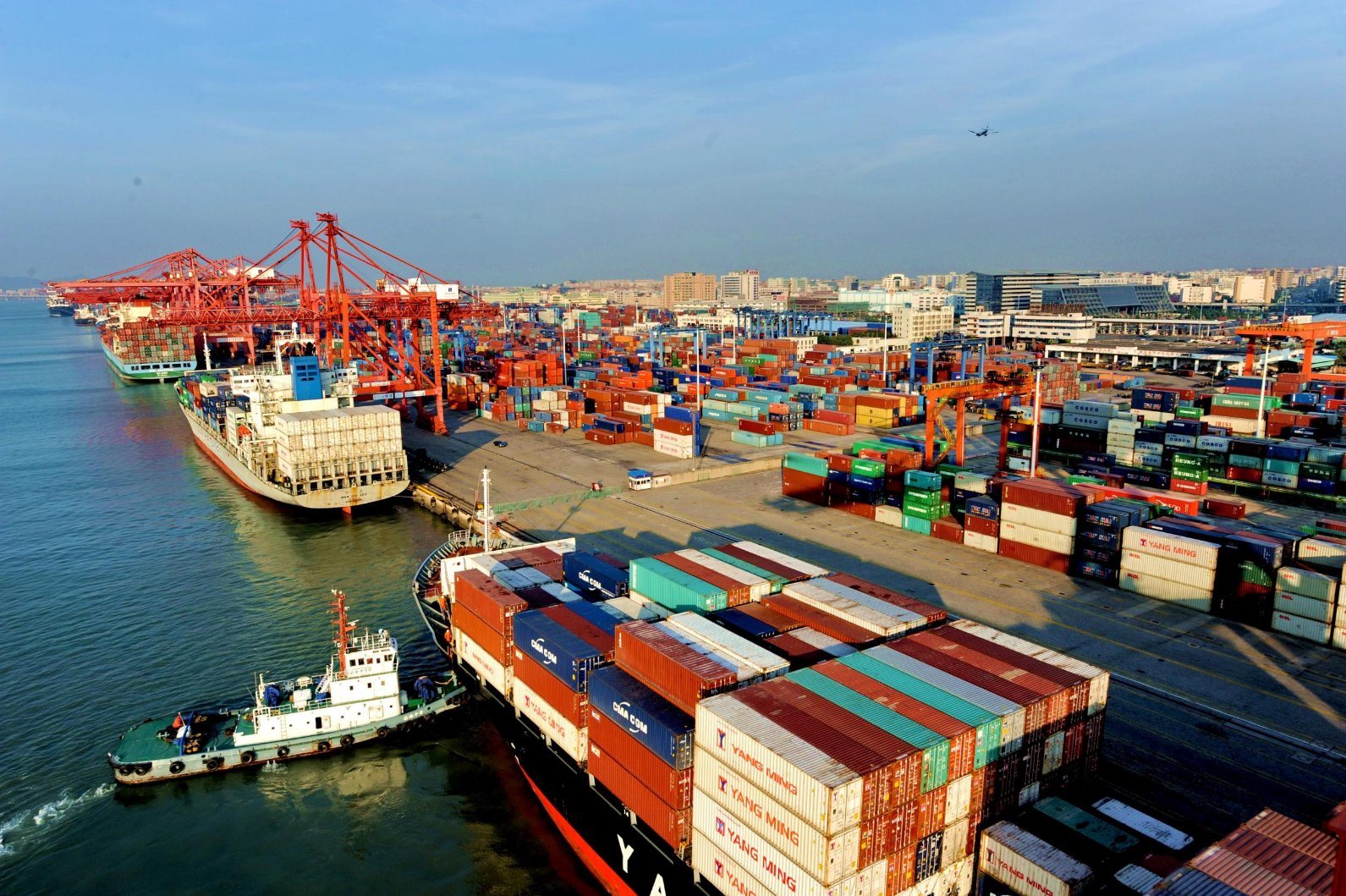VAT on capital market transactions will weaken financial inclusion drive — Operators
Share

Capital market operators on Tuesday said that restoration of Value Added Tax (VAT) on capital market transactions would discourage investors from the market and weaken financial inclusion drive of the Federal Government.
The operators were reacting to government’s plan to restore VAT on all capital market transactions effective from July 25 while speaking with the News Agency of Nigeria (NAN) in Lagos.
They also said that the restoration would further dampen investors confidence in the market and as well discourage foreign participation.
NAN reports that all dealing member firms of the Nigerian Stock Exchange (NSE) have been notified to resume charging of 5 per cent VAT on all NSE transactions effective July 25.
Consequently, charges on transactions on the Nigerian Capital Market suspended in 2014 will be re-introduced effective from July 25.
The charges suspended by a former coordinating minister of the economy and minister of finance, Dr Ngozi Okonjo-Iweala were designed to encourage increased trading activities in the market.
In 2014, Okonjo-Iweala set up a committee to revive activities on the exchange following financial crisis and extended periods of negative market sentiments recorded on the bourse in previous years.
Following the decision reached by the committee, the minister announced a waiver of stamp duties and exemption of VAT on transactions on the Exchange.
Mr Ambrose Omordion, the Chief Operating Officer, InvestData Ltd, said that restoration of VAT on all capital market transactions would discourage investors’ participation in the market.
Omordion said that the proposed move would amount to multiple taxation taking into consideration withholding tax on dividend being collected by government and other charges being paid to regulators.
He said that the restoration if not reversed would destroy the wealth creation drive of Nigerians by making the market less attractive for both foreign and domestic investors due to high transactions cost.
Omordion said that the market had suffered losses in the last five years without major government intervention.
He noted that government needed to form policies that would support the capital market that drives economic growth and development and provides employment opportunities for Nigerians.
Omordion urged capital market regulators and operators to do the needful by engaging government on the negative and positive implications of VAT restoration with the current state of the economy.
Mr Boniface Okezie, National Coordinator, Progressive Shareholders Association of Nigeria (PSAN), said that VAT restoration would further dampen investors morale toward the capital market.
Okezie said that the restoration would further affect the capital market performance, presently at its lowest ebb.
He said that 10 per cent withholding tax on dividend being paid to the government was enough, noting that government should not encourage double taxation in the interest of the economy.
Mr Moses Igbrude, Publicity Secretary, Independent Shareholders Association of Nigeria, described the move as unfortunate in spite of the current situation of the market and economy in general.
“It is unfortunate that the Federal Government will decide to restore VAT into every capital market transactions in spite of the current situation of the market and economy.
“This has shown that those who are running the economy do not understand the importance of the capital market.
“This singular act will surely discourage investments and will affect the market negatively,” Igbrude said.
He explained that sensitive and well informed investors would move their funds to more friendly investment havens.
Alhaji Gbadebo Olatokunbo, shareholder activist and Co-founder Nigeria Shareholders Solidarity Association, said that restoration of VAT to the capital market was a disservice to the economic growth of Nigeria.
Olatokunbo observed that the timing was seriously wrong considering the present state of capital market and the economy in general.
“It is wrong because you could only introduce such at a time that the economy is booming and not when all economic parameters are down.
“Therefore, l will suggest that the directive be withdrawn,” he said.
Olatokunbo said that the policy if not withdrawn would hurt the economy because it would depress the capital market further by driving international investors away from Nigeria.
“The Federal Government should call our tax collectors to order by withdrawing the directive,” he added. (NAN)



















